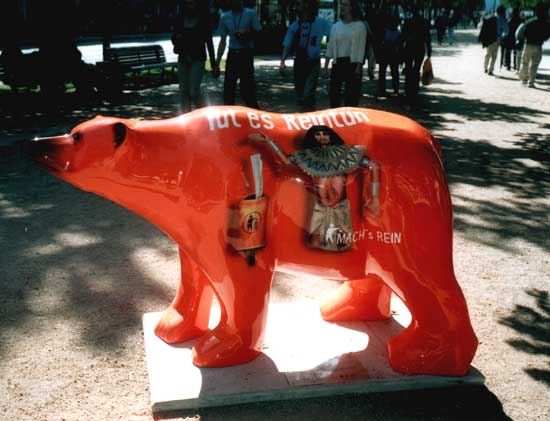Understanding Bears: Conservation Efforts and Challenges

The Importance of Bears in Ecosystems
Bears play a crucial role in the ecosystems they inhabit, acting as apex predators and helping to maintain the balance of their environments. As key contributors to forest regeneration and seed dispersal, their presence signifies a healthy ecosystem. However, current threats to their populations are a cause for concern among environmentalists and wildlife enthusiasts.
Recent Events and Conservation Efforts
In recent years, bear populations in various regions have faced significant challenges, notably due to habitat loss, climate change, and human-wildlife conflict. According to a report from the World Wildlife Fund (WWF), certain species like the polar bear are especially vulnerable to climate change, as melting Arctic ice threatens their hunting grounds. Furthermore, increased urban development often leads to bears wandering into populated areas, resulting in conflicts that can be harmful to both bears and humans.
Organizations such as the WWF and local wildlife agencies are actively working to mitigate these challenges. One of the most notable efforts includes the establishment of wildlife corridors to facilitate safe movement between habitats, allowing bears to thrive without coming into conflict with humans. Additionally, educational campaigns aimed at raising awareness about bear behaviour and safety measures are proving to be effective in reducing conflicts.
The Significance of Sustainable Practices
By embracing sustainable land-use practices, communities can help protect bear habitats while promoting coexistence. Furthermore, conservation initiatives focus on the preservation of natural habitats, ensuring bears have enough space to roam and find food. These practices are critical, not only for bears but also for the overall biodiversity of their habitats.
Conclusion: The Future of Bear Populations
As we move forward, the importance of conservation efforts for bears cannot be overstated. With many species facing extinction, ongoing community involvement and educational initiatives are vital. Additionally, the effects of climate change will require adaptive conservation strategies to ensure that bears continue to thrive in their natural habitats. Protecting these magnificent creatures not only secures their survival but also the health of the ecosystems they help maintain, making the issue of bear conservation a significant concern for all.









